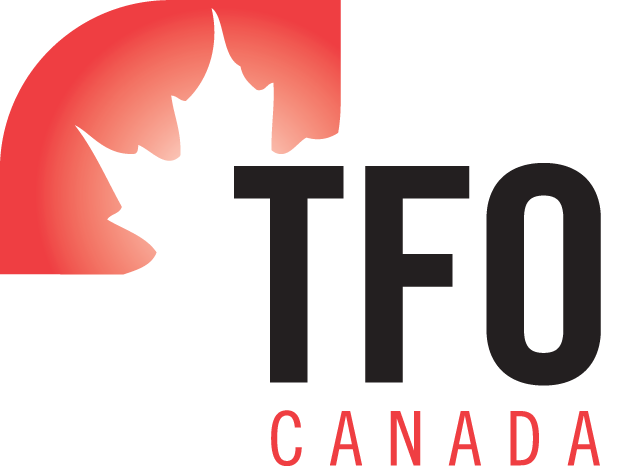With Canadian consumers becoming more creative in the kitchen, imported specialty groceries have become a growth market for suppliers like Montreal-based ID-Foods Corporation.
Take pasta. I-D Foods representation of a well-known Italian brand led to a 200 per cent increase in Canadian sales: incredible growth considering the rows of competitive pasta products on supermarket shelves.
To meet this growing demand, I-D Foods is always on the look-out for fresh ideas and new suppliers. So when Canada’s Trade Facilitation Office came knocking, their door was wide open. This initial meeting led to two separate delegations of Peruvian exporters visiting I-D Foods in Canada.
Partnerships
In a market that marches to ‘just-in-time’ delivery, the integrity of the supply chain is paramount. So I-D Foods spends a great deal of time and effort into making sure the fit with its suppliers is right from the outset.
“Before we sign on with new suppliers, we like to bring them here to meet with our executive team, to get a taste for our products and to see our distribution network in action,” explains Diana Henault, the corporation’s vice-president of procurement and compliance.
Potential suppliers also learn about regional differences in the Canadian marketplace and its unique retail characteristics. The country’s largest specialty food distributor, I-D Foods delivers across the country – to major grocery chains, large-surface stores such as Walmart and Costco, as well as to small independent stores serving Canada’s diverse ethnic neighbourhoods.
Alongside household brand names, the company also packages and distributes specialty food products under its own labels. The intense competition in Canada’s food market means that I-D Foods is always looking for top quality products. So as it rolls out new house brands, the company has been expanding its roster of Peruvian suppliers with excellent results, says Henault.
Now, all the products I-D Foods once sourced from Spain are now shipped from Peru. “The quality offered by our Peruvian exporters is top-notch,” adds Henault. “They are genuinely interested in supplying good product and doing good business. It’s been a win-win partnership.”
Frequently, she adds, Peruvian suppliers take the initiative by introducing I-D Foods to new product lines. And they are quick to follow up on their promises. “It’s been such a good experience: very motivating.”
I-D Foods is now exploring other untapped markets. Currently, it is scouting for potential suppliers in Colombia to fill a growing appetite for specialty food products that look appetizing, are easy to prepare or just add a dash of spice to traditional meals.
Lessons from the Experts
I-D Foods has been importing specialty foods from around the world for more than 60 years. So we asked what suppliers wanting to expand their export businesses need to know about the Canadian market.
“Firstly, our import rules are tougher than those in the United States,” admits Henault. “This is why we work more as partners with our suppliers, encouraging them to tap into our expertise so we can help with logistics and ease the process.”
Secondly, Henault sees Canada’s multi-cultural population as an ideal marketplace for suppliers who want to export without incurring heavy expenditures. “It’s a manageable size for smaller operators.” Added to which, she points out, established distributors like I-D Foods have the infrastructure to place products in the right markets across the country.
Henault acknowledges it takes persistence, time and energy to evaluate the costs and benefits of exporting. “Don’t be afraid to ask for help, and then give it your very best shot.”
That might include enlisting ongoing help from the Trade Facilitation Office. The Ottawa-based agency runs regional workshops, or will refer suppliers to trade experts who understand the special challenges of exporting into unfamiliar markets. Be it on-site meetings, removing communication obstacles or just encouragement: TFO will generally do whatever it takes to ensure both exporter and importer are comfortable with the process, and business gets done.
